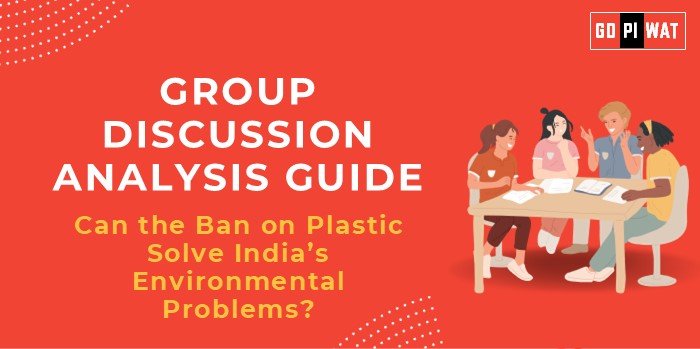🌿 Can the Ban on Plastic Solve India’s Environmental Problems?
🌏 Introduction to Plastic Ban in India
Plastic pollution is a global crisis, and India, as one of the largest plastic waste generators, has implemented a ban on single-use plastics (SUP) to address this issue. The ban, enacted in 2022, targets items like plastic straws, cutlery, and wrappers to curb pollution at its source. However, whether this policy can tackle India’s deeper environmental challenges remains a pressing question.
📊 Quick Facts and Key Statistics
- 🔢 India generates 3.4 million tons of plastic waste annually, with only 60% recycled.
- 📅 SUP ban came into effect on July 1, 2022, targeting commonly used plastic items.
- 💰 The Indian plastic industry is valued at ₹40,000 crore, showing its significant economic role.
- 🐠 Over 40% of India’s plastic waste contributes to marine pollution, endangering ecosystems.
🏆 Achievements
- 📜 Legislative Action: India’s SUP ban sets a global example in tackling plastic pollution.
- 🌱 Innovation: Growth in eco-friendly alternatives like biodegradable packaging.
- 📢 Awareness: Increased public understanding of the environmental impact of plastics.
⚠️ Challenges
- 🔄 Enforcement Issues: Limited resources for monitoring compliance, especially in rural areas.
- 💼 Economic Strain: Small businesses face challenges transitioning to costlier alternatives.
- 🔄 Consumer Habits: Resistance to changing behavior toward sustainable practices.
🌐 Global Comparisons
- 🌍 Kenya: Reduced plastic bag usage since its 2017 ban but continues to face issues with alternative waste.
- 🇪🇺 European Union: Comprehensive SUP bans paired with producer responsibility programs show moderate success but require strong enforcement.
🔮 Structured Arguments for Discussion
- ✅ Supporting: “The SUP ban is a critical step toward sustainability, encouraging eco-friendly innovations and reducing plastic pollution.”
- ❌ Opposing: “Without addressing broader waste management systems, the plastic ban alone cannot solve India’s environmental issues.”
- ⚖️ Balanced: “The SUP ban is significant but must be complemented by improved waste management, alternative development, and public engagement for lasting impact.”
📈 Strategic Analysis of Strengths and Weaknesses
- ✨ Strengths: Legislative progress, eco-friendly alternatives, heightened public awareness.
- ❌ Weaknesses: Enforcement gaps, consumer resistance, lack of scalable infrastructure.
- 🚀 Opportunities: Growth in recycling, leadership in global environmental policies.
- ⚠️ Threats: Economic strain on small businesses, high costs of alternatives.
📄 Conclusion
The SUP ban is a commendable step in India’s fight against plastic pollution. However, addressing the country’s broader environmental issues requires comprehensive solutions, including improved waste management systems, consumer behavior shifts, and innovation in sustainable materials. A balanced approach combining regulation, enforcement, and public participation is essential for meaningful progress.
📄 Source: Group Discussion Analysis Guide, 2024


